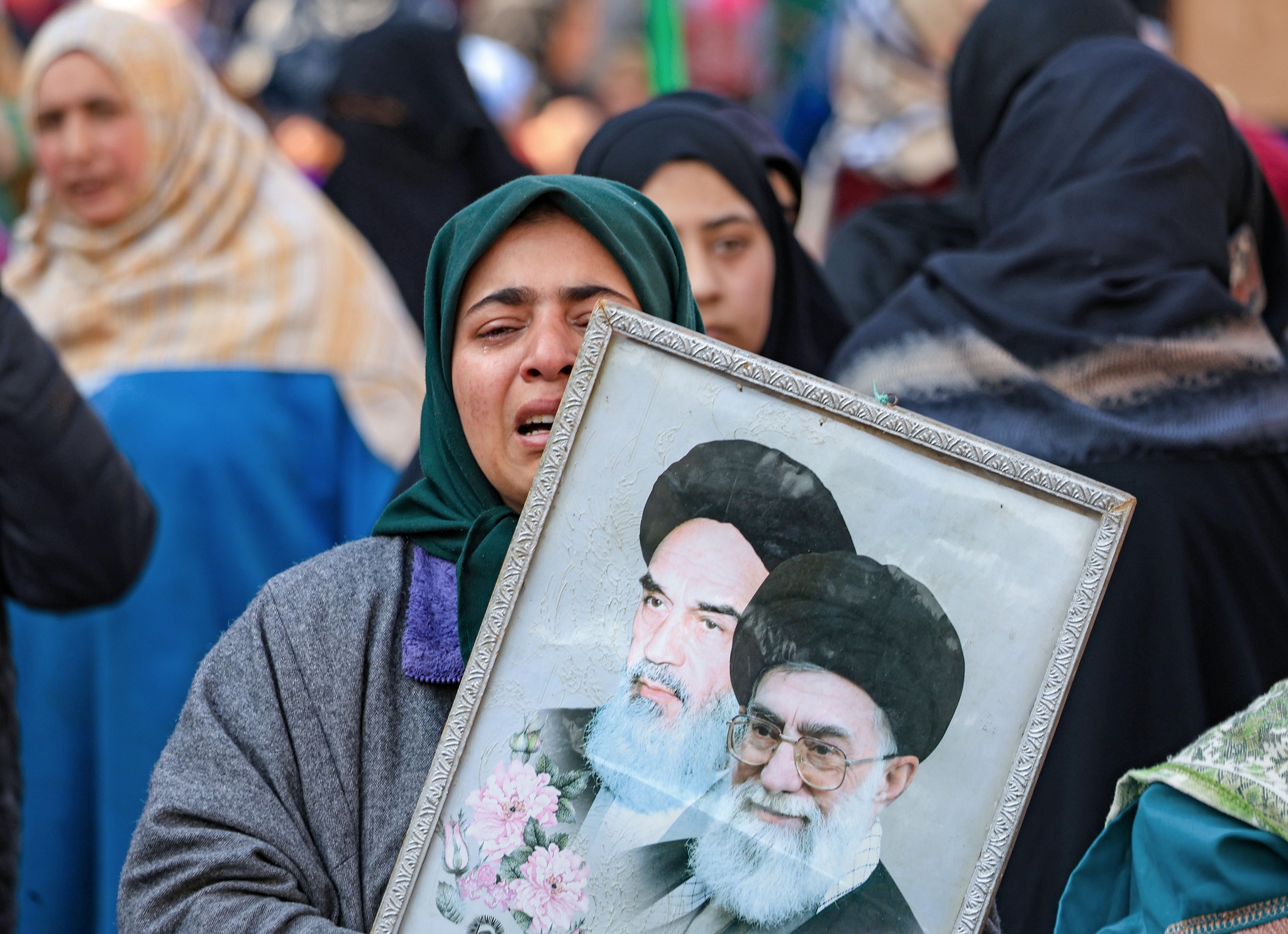
Stephen Holmes, Professor at New York University School of Law, Berlin Prize Fellow at American Academy in Berlin
Mar 02, 2026
Critics of the attack on Iran by the United States and Israel point out that US President Donald Trump has no plan for what comes next. And they are not wrong: when Trump boasts that he can resolve wars in a single day, he merely exposes the limits of his attention span. But the real problem is not the shortness of Trump’s time horizon; it’s the narrowness of his threat perception.
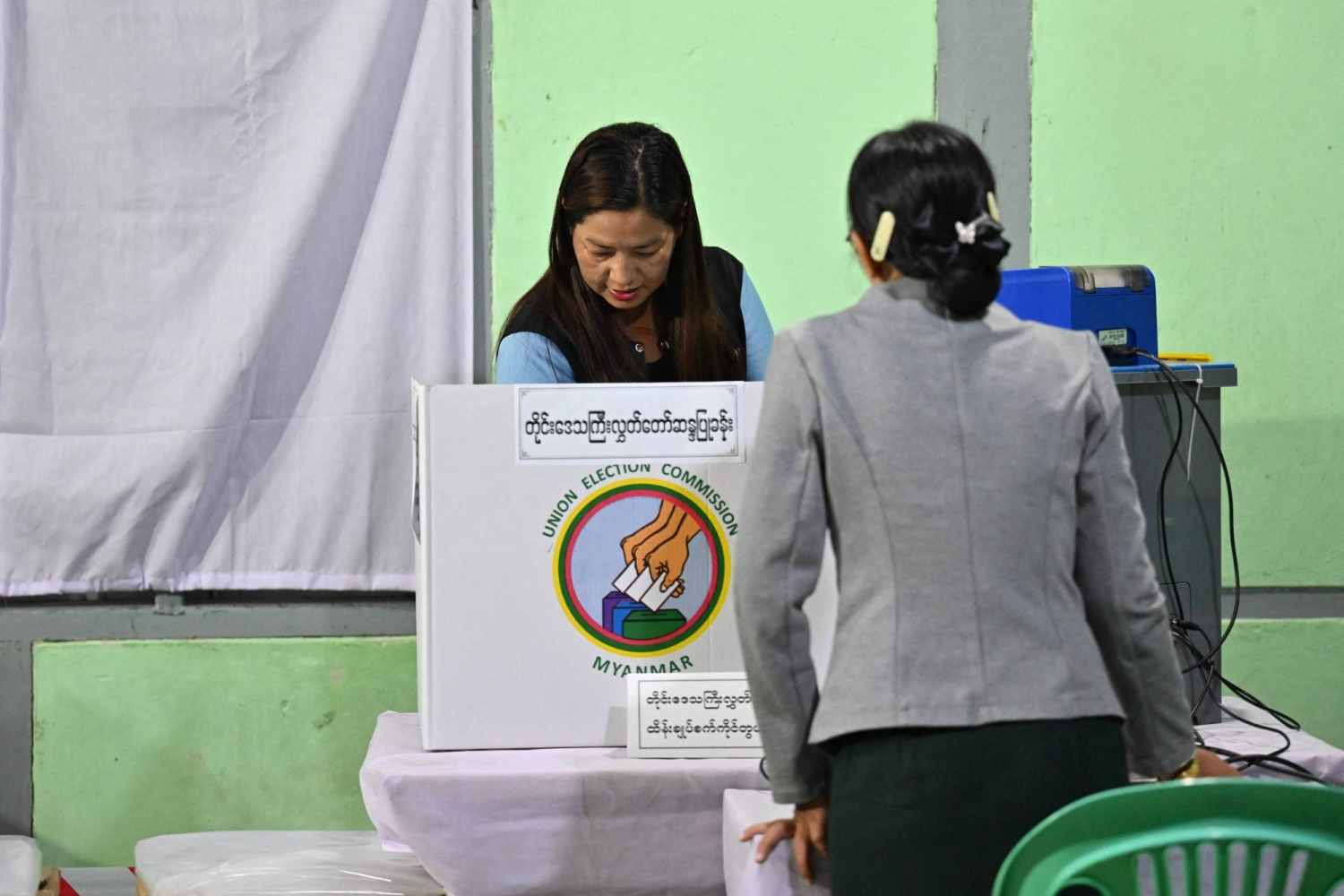
Brian Wong, Assistant Professor in Philosophy and Fellow at Centre on Contemporary China and the World, HKU and Rhodes Scholar
Mar 02, 2026
Myanmar’s military-backed Union Solidarity and Development Party won tightly controlled elections, consolidating legislative dominance under Senior General Min Aung Hlaing despite persistently low public support since the 2021 coup. While China pragmatically backs the junta to secure strategic interests such as rare earth supplies and infrastructure access, a potential rapprochement with the United States under Donald Trump could complicate Beijing’s influence.
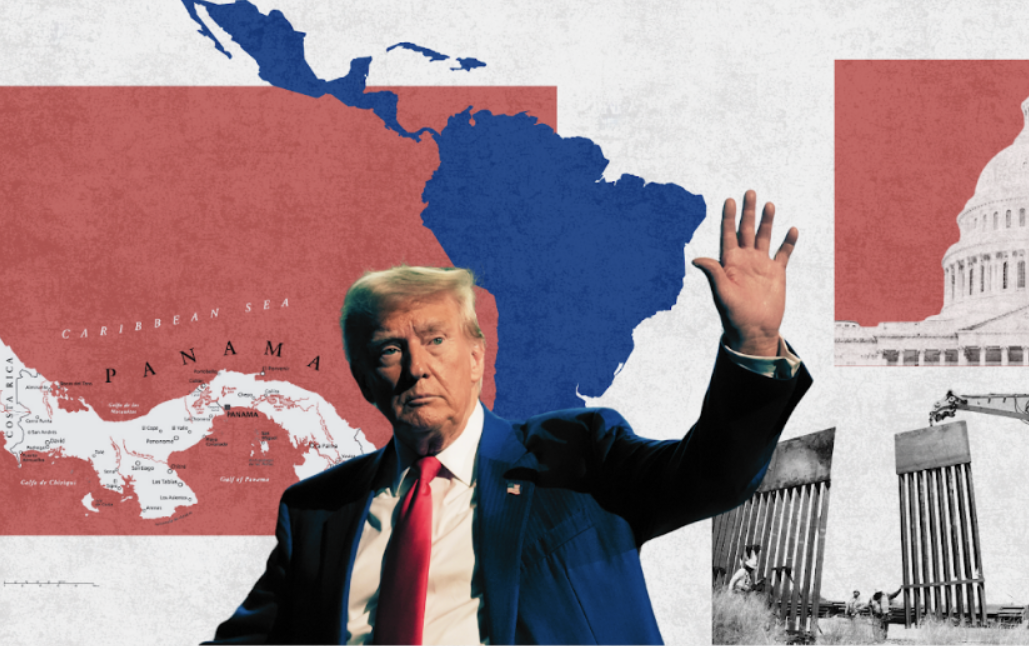
Tian Shichen, Founder & President, Global Governance Institution
Mar 02, 2026
Will it be sovereign development or a return to the “backyard” viewpoint? The Western Hemisphere’s future will not be secured by returning to the logic of exclusive spheres of influence but by embracing a genuinely plural rules-based order.
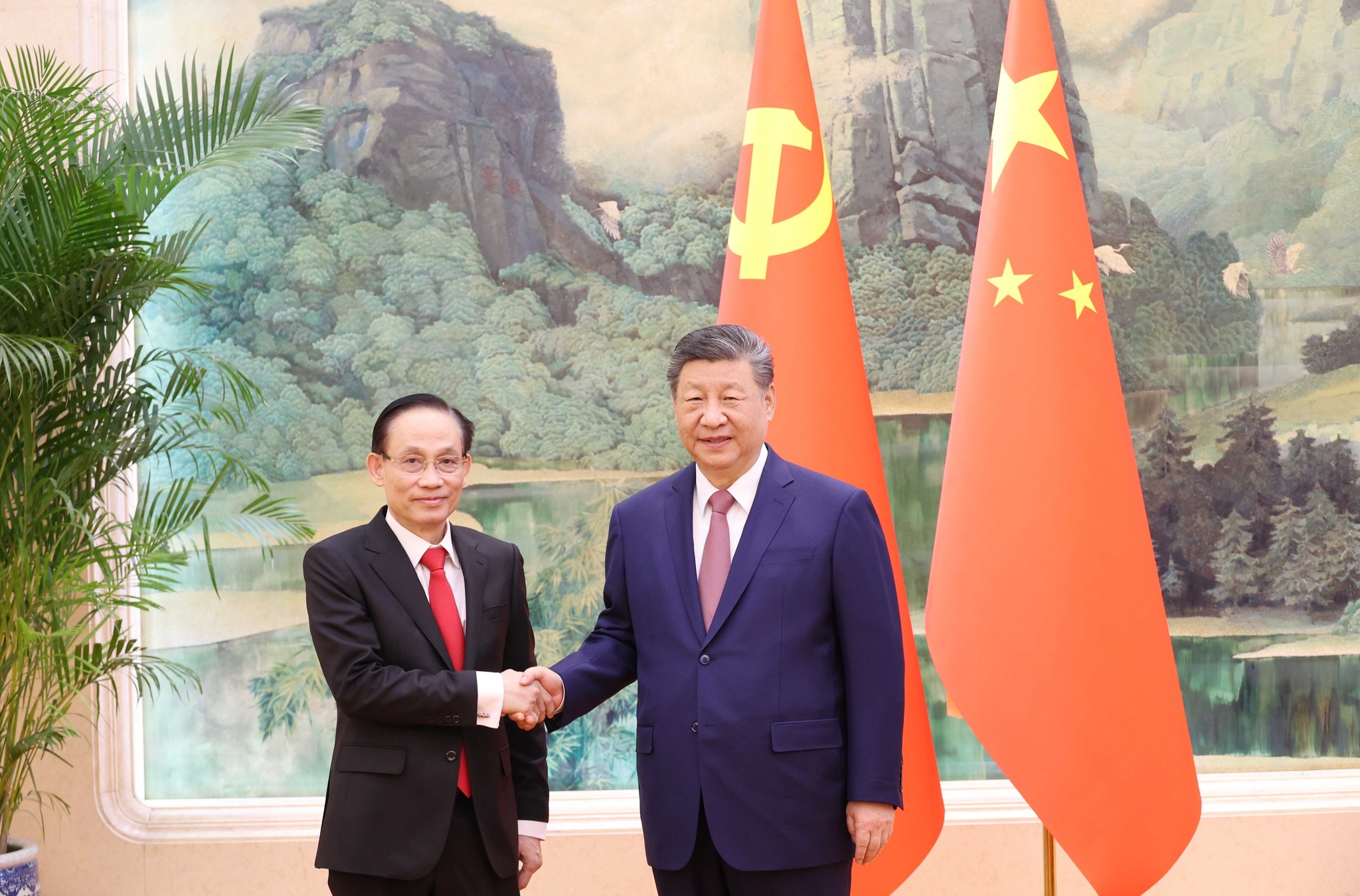
Brian Wong, Assistant Professor in Philosophy and Fellow at Centre on Contemporary China and the World, HKU and Rhodes Scholar
Feb 26, 2026
After decades of development and growth, Vietnam seems poised to enter a new chapter of dynamic economic growth, but at a time when the U.S. is teetering on losing global standing, how will Vietnam’s future play out?
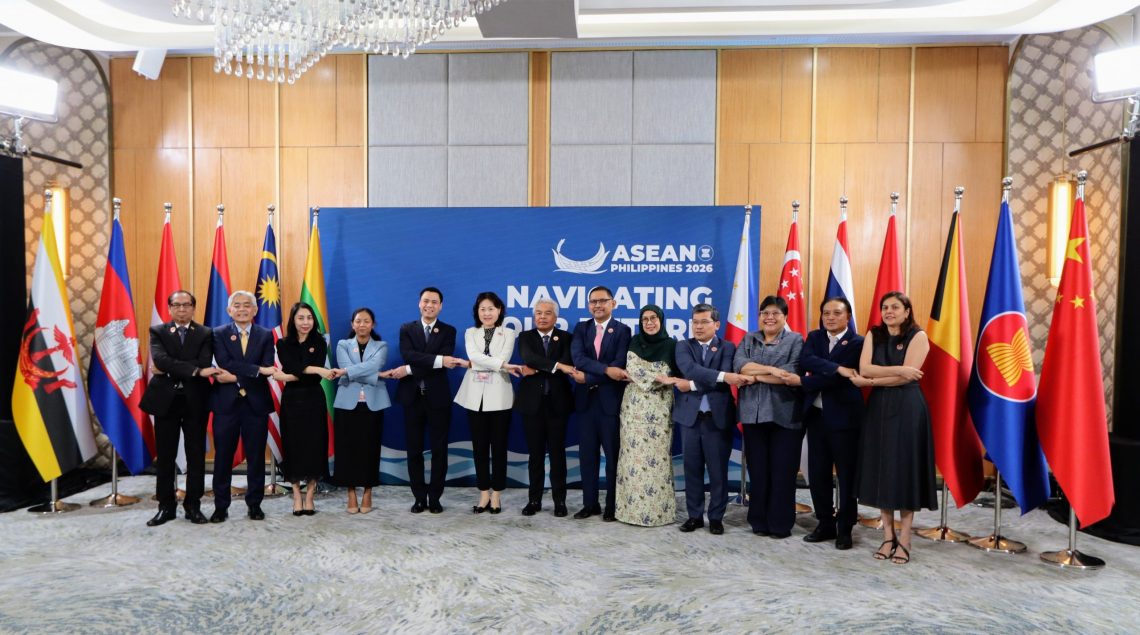
Lucio Blanco Pitlo III, President of Philippine Association for Chinese Studies, and Research Fellow at Asia-Pacific Pathways to Progress Foundation
Feb 11, 2026
The resumption of diplomatic dialogue between the Philippines and China in Cebu on January 29, ahead of the ASEAN-China Senior Officials Meeting on the Code of Conduct negotiations, is a welcome development. Avoiding conflict and preventing the deterioration of bilateral relations are imperative for the Philippines and China. Cooperation and productive ties can persist amid differences. The practice of other South China Sea coastal states is illustrative. Several points are worth considering.
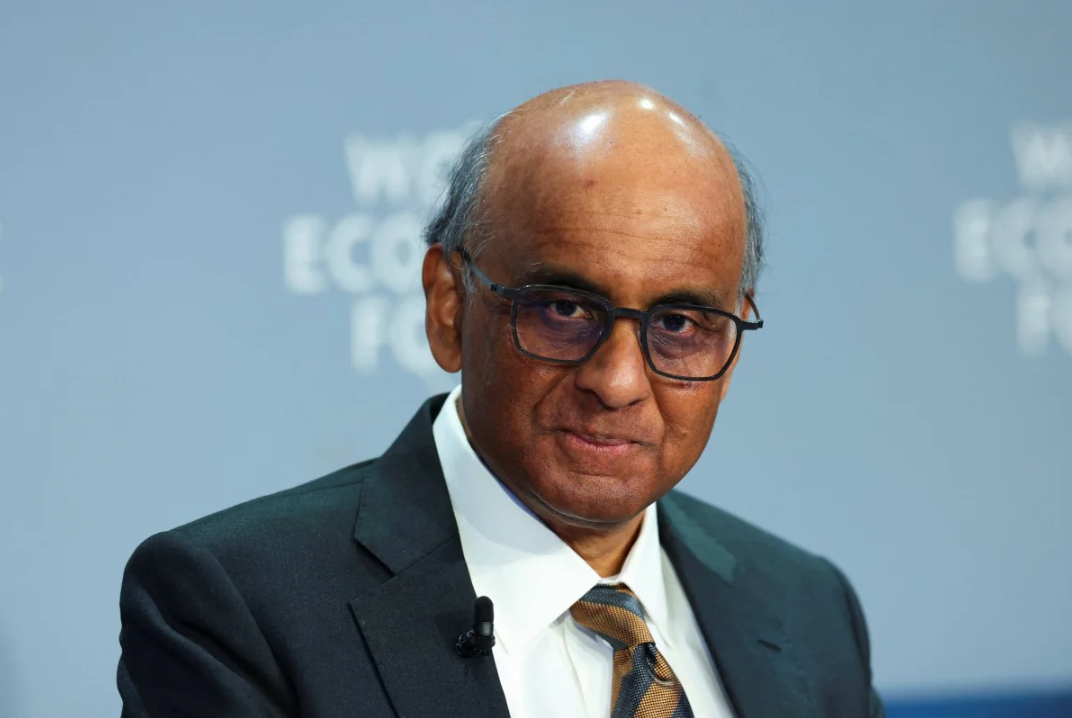
Sun Chenghao, Fellow, Center for International Security and Strategy of Tsinghua University; Munich Young Leader 2025
Bai Xuhan, An analyst at ChinAffairsplus
Feb 05, 2026
For Singapore, the China-U.S. relationship is much more than a bilateral concern. It has profound implications for the sense of security, strategic expectations and assessments of the future by all medium-size states.
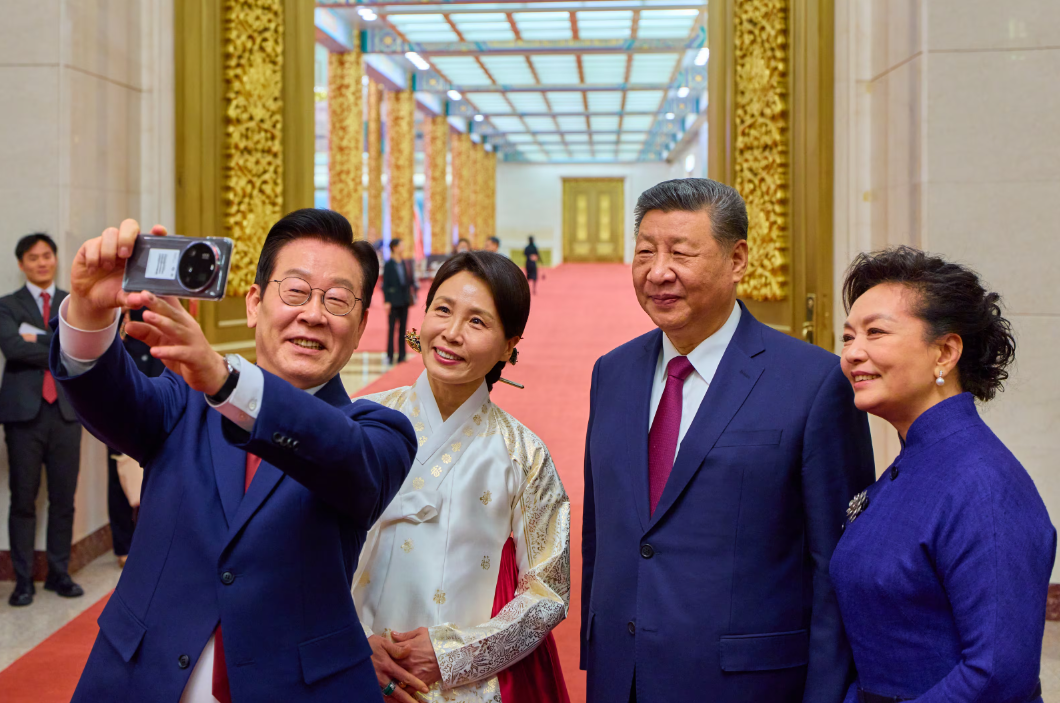
Richard Weitz, Senior Fellow, Hudson Institute
Jan 16, 2026
South Korea has recently proven atypically successful in straddling regional tensions involving China, but Beijing’s strained relations with Washington and its allies will sorely test Seoul’s pragmatic diplomacy in 2026.
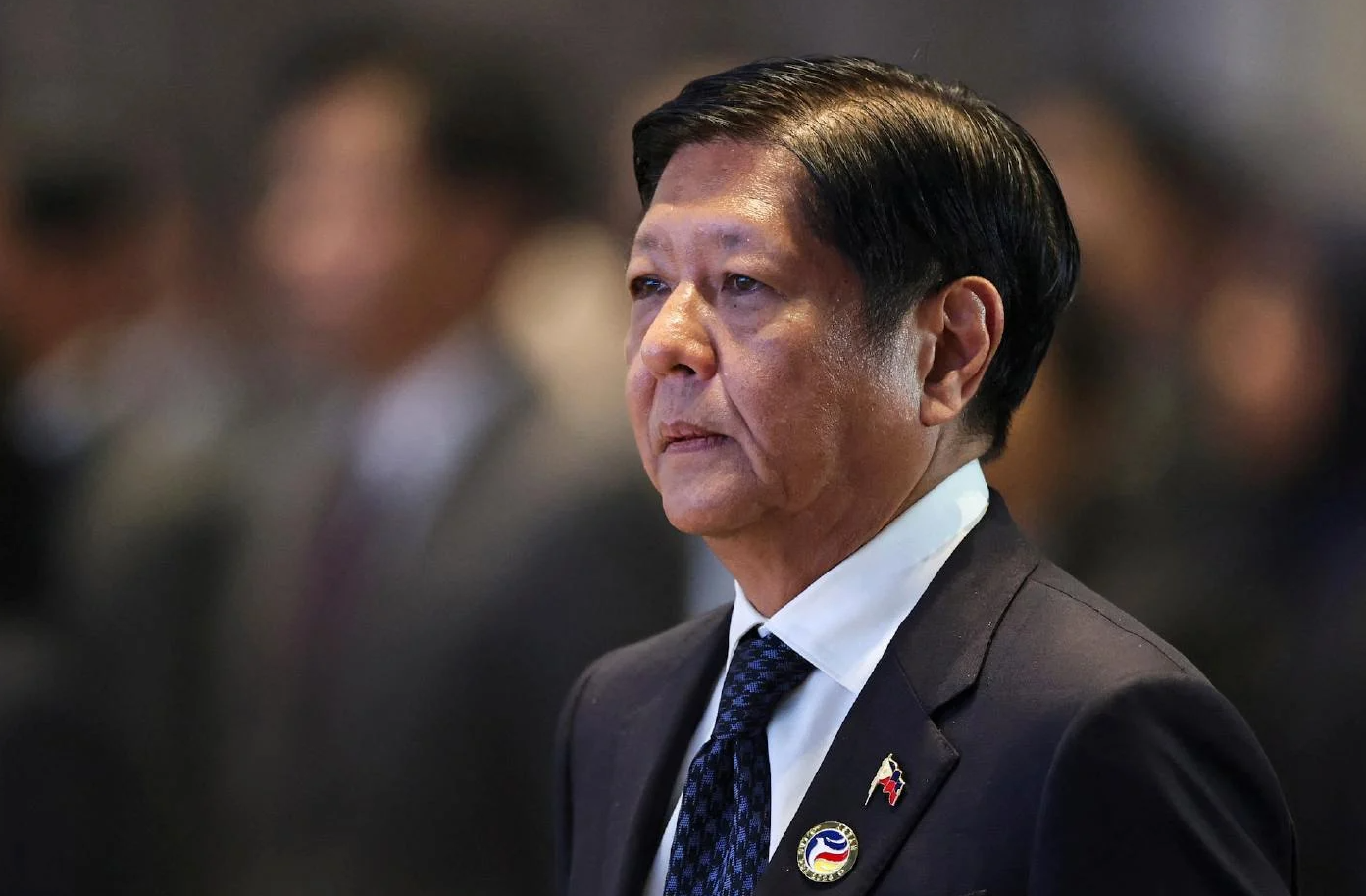
Richard Javad Heydarian, Professorial Chairholder in Geopolitics, Polytechnic University of the Philippines
Jan 09, 2026
As the Philippines assume the ASEAN chairmanship in 2026, President Ferdinand Marcos Jr. is seeking to de-escalate tensions with China while deepening defense cooperation with the United States and other partners amid rising frictions in the South China Sea. The strategy reflects Manila’s effort to bolster deterrence without undermining ASEAN consensus or provoking broader regional instability.

Carla Norrlöf, Professor of Political Science at University of Toronto, non-resident senior fellow at Atlantic Council
Jan 07, 2026
The most important question stemming from America’s intervention in Venezuela is not whether it violated international law and norms, but what it reveals about the future of the liberal international order. Contrary to what some commentators say, that order is not collapsing, since its core pillars remain in place and the alternatives to them are still weak. But sustaining it will now involve more frequent discretionary US actions, and it will become increasingly unclear where the thresholds for future interventions lie.

Dan Steinbock, Founder, Difference Group
Jan 07, 2026
The U.S. kidnapping of President Maduro represents one of the worst violations of international law by a major power in decades. It also reflects the role of Venezuela as a battleground of U.S. and Chinese interests.
Back to Top

- China-US Focus builds trust and understanding between the U.S. and China through open dialogue among thought leaders.
- Our Offerings
- Topics
- Videos
- Podcasts
- Columnists
- Research Reports
- Focus Digest
- Stay Connected
-
Thanks for signing up!
- Get the latest stories from China-US Focus weekly.